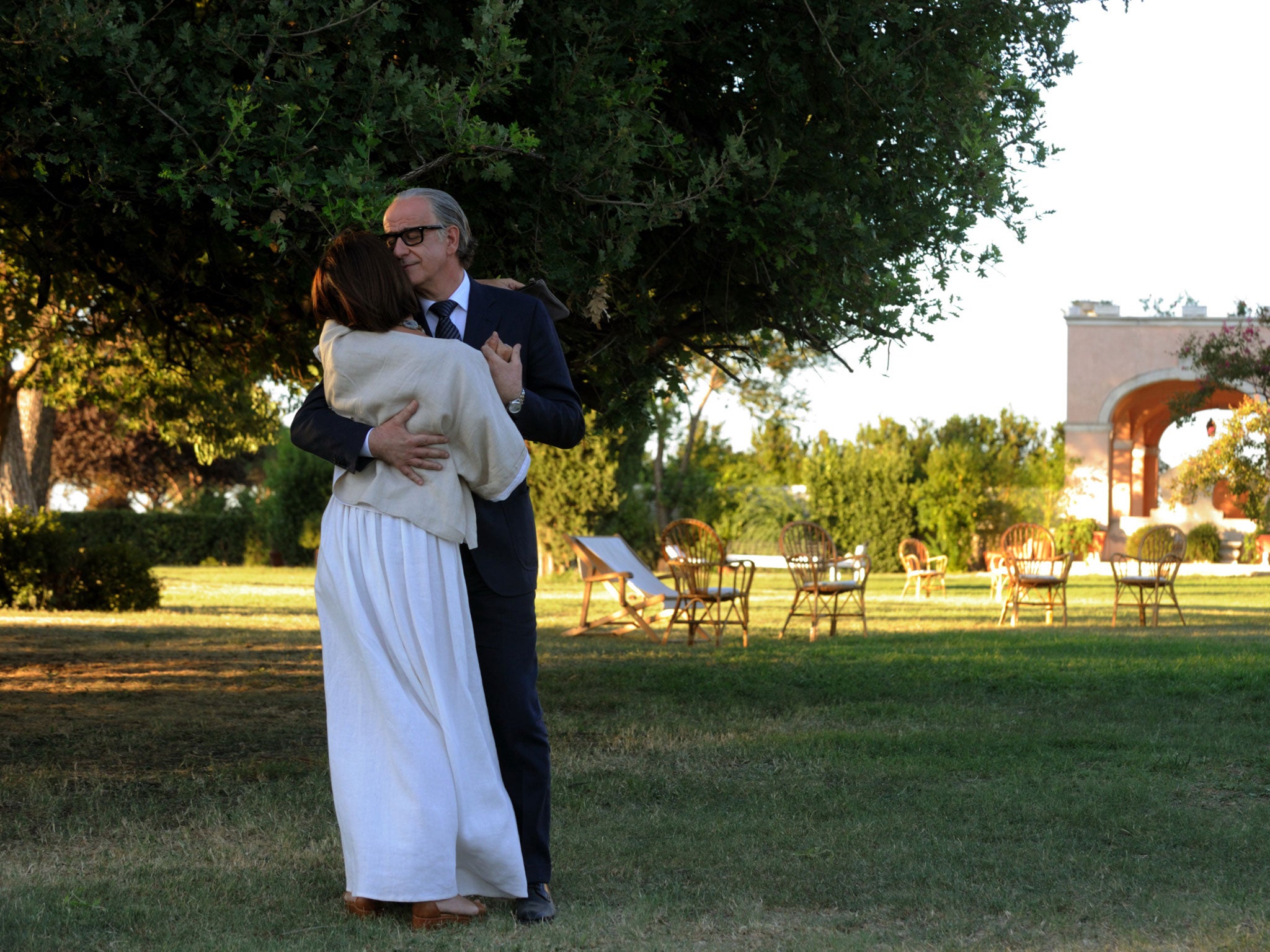Errors and Omissions: Grammar is not ruled by the writer’s assumptions
Our Letters editor puts this week's mishaps firmly in their place

The distinction between singular and plural seems to be dissolving before our very eyes. This is from a review of the DVD, The Great Beauty, published in last Saturday’s Radar: “There are many delicious swipes at modern Rome, but it’s Jep’s regret and his gradual artistic re-emergence that compels here.”
That should be “compel”. If, say, poetry and beauty compel respect, then regret and re-emergence must also compel, not “compels”. This habit of treating two things as if they were one thing is becoming more and more common.
I think there could be two forces at work here. The phrase “his gradual artistic re-emergence” is longish, and by the time you get to the end of it you could easily forget about the “regret”.
You can also get into a way of thinking of the regret and the re-emergence as two parts of a single thing. There may be an unspoken “the combination of ...”. But for heaven’s sake, get a grip. Rules of grammar apply to words, not the things they signify, or may be assumed to signify. If the noun “combination” isn’t actually there in person, it cannot govern the number of a verb.
Journalese: “When the ratio begins to exceed 1.08, statisticians believe some other factor must be at play.” So we reported in a news story on Wednesday about gender-selective abortion.
Two things to observe. “At play” should be “in play”. “At play” is the opposite of “at work”. “In play” means taking part in the process.
And how can a ratio “begin to exceed” any particular figure? It either exceeds it or it doesn’t. I think the writer was trying to introduce a sense of continuing upward movement. How about “when the ratio passes 1.08 ...”?
Pillars of wisdom: “A signed copy of a book by Lawrence of Arabia has sold for more than double its original valuation at auction,” a News in Brief item reported on Thursday.
“A book”? The item continued: “T E Lawrence’s book The Seven Pillars of Wisdom was expected to fetch up to £20,000.” I think readers are familiar enough with this book not to be told that it is “a book by Lawrence of Arabia”.
Many of them will also be aware that its title is Seven Pillars of Wisdom, not The Seven Pillars of Wisdom.
Wrong who: In last Saturday’s magazine there was a profile of the television presenter Emma Willis. It contained this: "Willis’s mother is a hospital nurse, while her father, Billy, was a postman who now works as Willis’s personal assistant.”
No, he wasn’t. When he was a postman he wasn’t working for her as her personal assistant. That “who” is just factually wrong.
It is also very easy to get rid of that awkward repetition of “Willis”. So how about this: “Her father, Billy, was a postman, but now works as his daughter’s personal assistant.”

Join our commenting forum
Join thought-provoking conversations, follow other Independent readers and see their replies